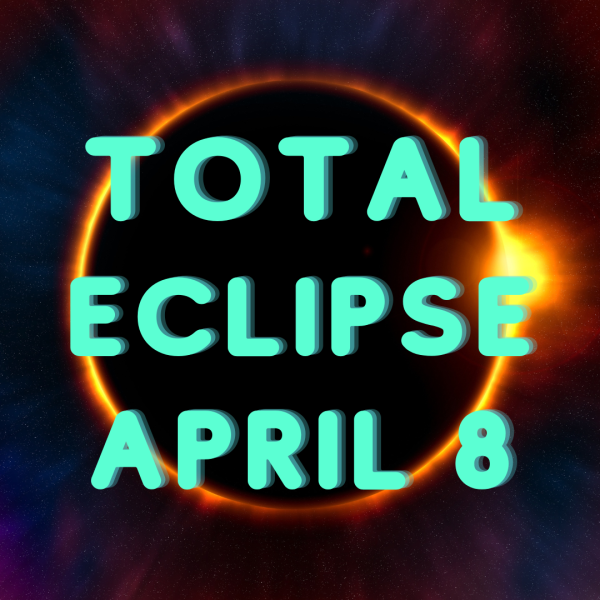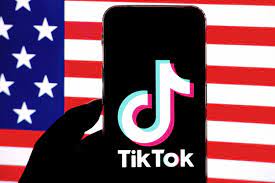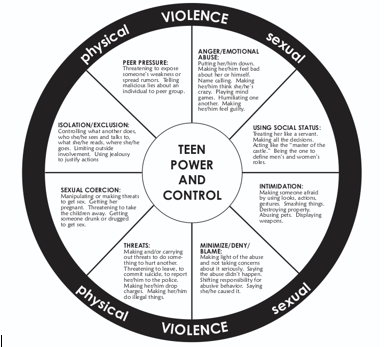How Online Violence Fuels Trauma Responses

February 10, 2023
It’s been speculated that the way violence is perceived in today’s media is the root to the violence people see on the news. There are several factors that are linked to aggression, but the media seems to be the biggest in aggressive behavior.
According to Riana Elyse Anderson, a professional clinical psychologist, people who end up being exposed to online violence have different reactions; the first being a classic trauma response and having the mindset of thinking, ‘it could happen to me.’ Also known as hypervigilance. Another response she talks about is being ‘numb’ to it. People tend to numb themselves, so they don’t react to something like this. The last response that worries Anderson is that when watching these videos, violence is being taught. People are learning to dehumanize people that look like this with a video. None of these being good for our bodies.
Something else she has noticed is that because many people are beginning to not react to violence, she theorizes that they are starting to treat these situations like a common occurrence.
Moving forward, Riana suggests many easy ideas to deal with these types of feelings. She thinks it’d be healthy to talk about your feelings to someone important to help release them. Riana also talks about what someone should do if they were on the receiving part, and it’s important to just listen to what they have to say. She states it’s completely fine to not have the answers.
It’s important that everyone has the agency and control over their social media usage.











